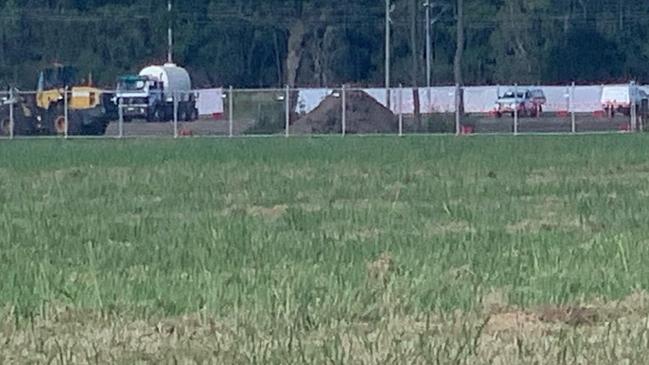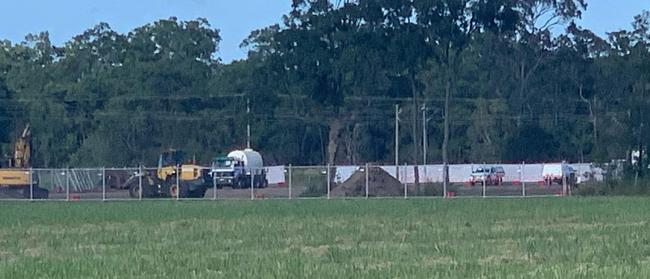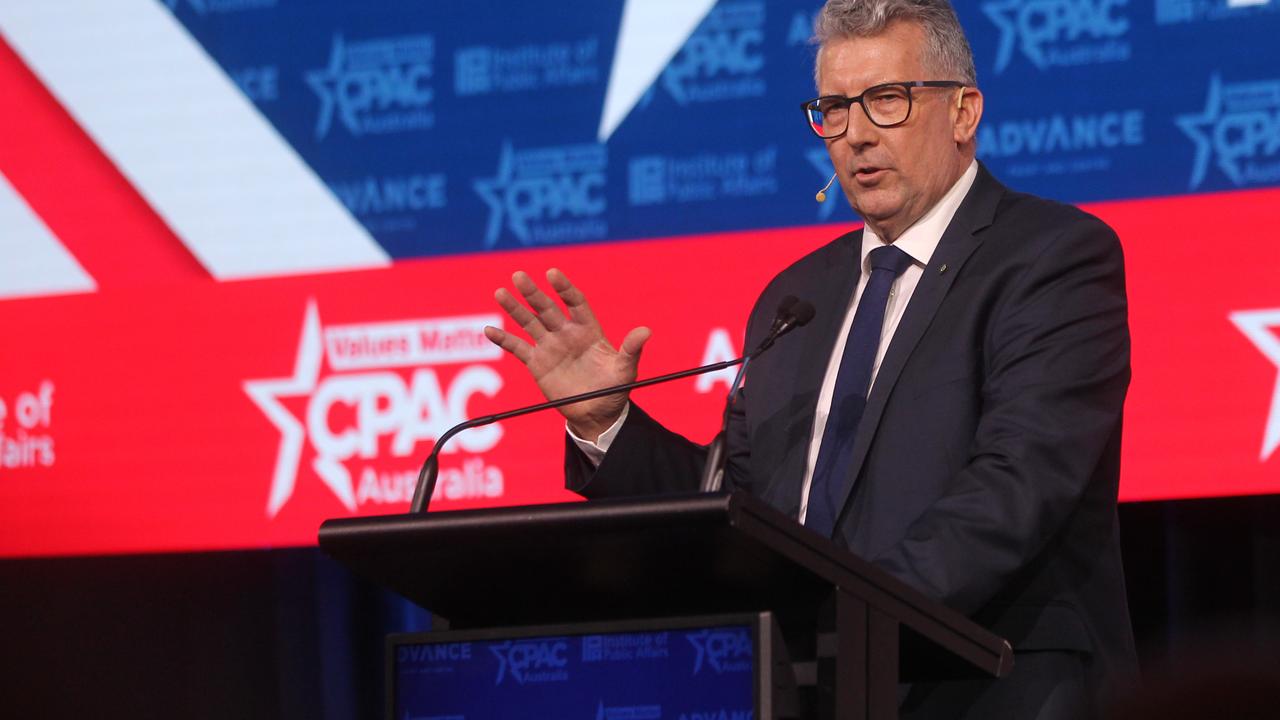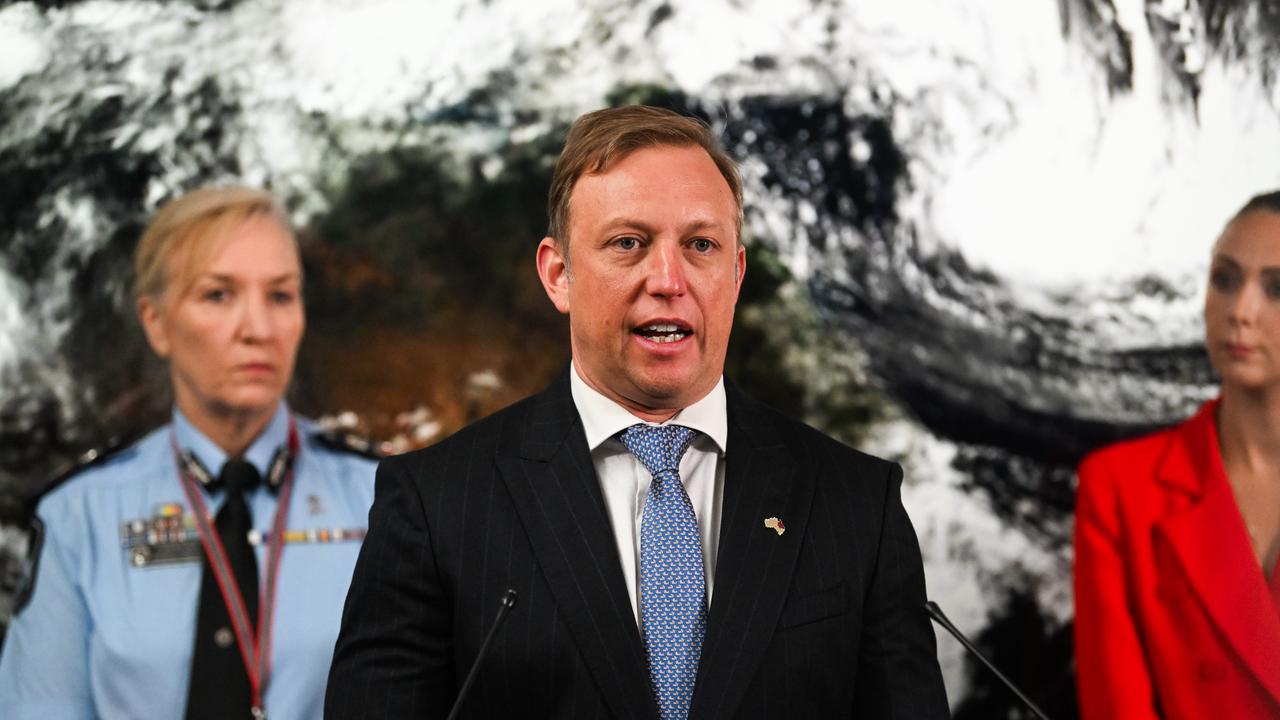Ground clearing works begin on Bundaberg residential rehabilitation centre
Ground clearing works have officially begun on Bundaberg’s residential rehab centre aimed at supporting local men and women battling drug and alcohol addiction.

Bundaberg
Don't miss out on the headlines from Bundaberg. Followed categories will be added to My News.
Ground clearing is underway at the site of a new Bundaberg rehabilitation centre, where the region’s most vulnerable addicts will be able to go to recover.
Tia Fisher of the Bundaberg Australian Anti Ice Campaign shared the positive news this week, and said the facility would support those who had “fallen through the cracks” when seeking support to manage their addictions.
The centre at 57 Wilmington Rd, Thabeban, will operate under the Wide Bay Hospital and Health Service, host 20 residents and feature an eight-bed withdrawal unit.
It will have 25 full-time staff, and is expected to open in 2025.
Hero falls: How former police minister lost his voters’ trust
The construction contract was award to Apollo Property Group in January 2024.
Bundaberg council ‘news’ website to be ‘reviewed’ after Dempsey loss
Mrs Fisher said the closest similar facility was in Gympie, which was too far to travel for those struggling financially.

“Addiction and substance abuse issues put such a strain on our public health service, and that’s why these facilities are needed,” she said.
She said the benefit of the facility comes from the opportunity for locals to self refer and gain access to the range of support services on offer, not only for addicts but also their families.
According to the Wide Bay Hospital and Health Service “a specialist alcohol and other drug treatment provider will manage all elements of the service under agreement with the Department of Health and Hospital and Health Service”.
“The service provider will have 24/7 staffing and a structured program for clients to engage in to meet their treatment goals.”
The centre will offer three-month rehabilitation programs, the minimum time needed to address the addiction pathways in the brain.
While its programs will be shorter than others offered in the state, by working with support services such as the Australian Anti Ice Campaign, addicts will be able to have a positive start towards recovery.
“Recovery is a lifelong process, there is no cure for addiction,” Mrs Fisher said.
As someone also working towards her own recovery, Mrs Fisher said the “after-care” provided following residents’ stays at the facility would continue to support those who may need more than available at the centre.
“I am a firm believer that rehabilitation for these people is better than jail,” she said.
“And these people are someone’s mother, father, brother, sister, they’re just humans that need help.”




